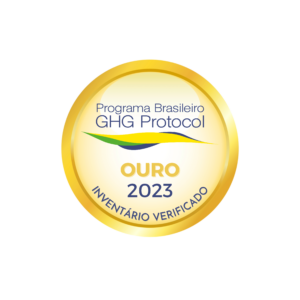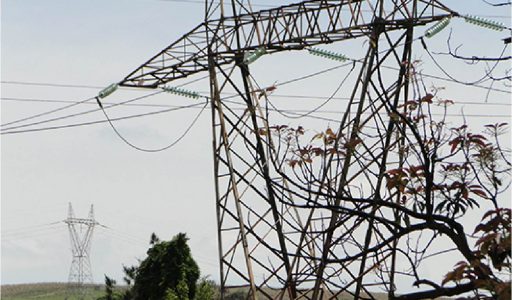Climate Change
Copel, in compliance with Global Compact principles and engaged with the best sustainability practices, acknowledges climate change effects, managing its greenhouse gas emissions, searching for low emission alternatives, as well as adapting to climate change effects.
In 1999, the Company was a pioneer in wind force study to generate electricity in Brazil; in 2011, it approved Copel Climate Change Agenda; and Climate Change Corporate Policy has been in force since 2016. In 2024, the document became a specific notebook of the Sustainability Policy.
Copel understands that it shall be a role player in the State, and thus, it publishes its greenhouse gas emission in Paraná public records yearly, possibly fostering other companies to feel motivated to publish it, too. As an acknowledgment for performing its information disclosure voluntarily, Sustainable Development and Tourism Office granted to Copel Paraná Climate Seal.
The Company fosters research, development and innovation, searching for solutions that include climate change and emission decrease in its business operation and expansion.
To grow in a sustainable way and in compliance with discussion about challenges related to climate changes, Copel has expanded investments in power generation alternative sources.
Copel Climate Change Agenda
Paraná Climate Seal
Carbon Neutrality Plan
Copel, a company that generates, transmits, distributes and markets power, with listed shares in B3, NYSE and LATIBEX, as resolved by the Board of Directors, approved the Carbon Neutrality Plan, with the purpose of enabling the commitments set forth by Paris Agreement.
Carbon Neutrality Plan aims by 2030, at neutralizing Greenhouse Gas Emission (GGE) for the assets that Copel holds operational control (as per the concept set forth in GHG Protocol methodology), by means of residual emission decrease and offset.
The monitoring of targets and the action plan are part of the scope of work of the Sustainable Development Committee, an advisory body to the Board of Directors.


Climate
Governance
Copel incorporate climate changes in risk assessment and opportunity financial assessment, keeping its energy matrix, mainly originated from renewable sources and developing low carbon technologies and energy efficiency and conservation projects.




